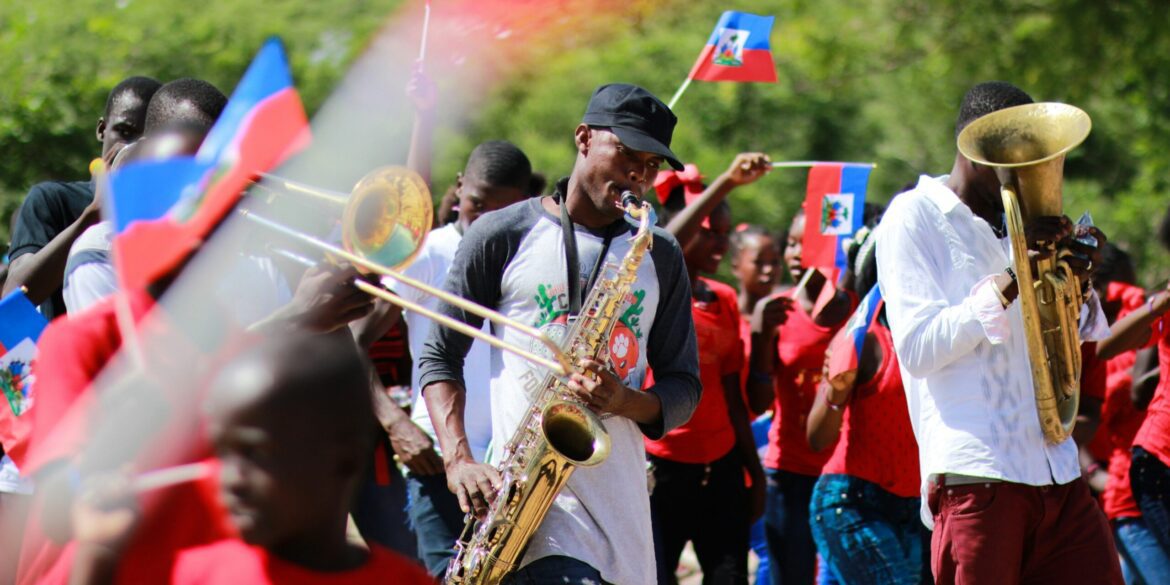On September 14‑16, 2025, the city of Memphis marked what would have been the 100th birthday of blues legend Riley B. King, better known as B.B. King, with a multi‑day celebration honoring his life, music, and legacy. The commemoration, dubbed “100 Days of Blues,” kicked off in early June and culminated in two major events in mid‑September that brought together artists, fans, and local leaders in a tribute rooted in both entertainment and education.
The festivities began with a free and family‑friendly festival at the corner of 2nd Avenue and Beale Street on September 14. Live performances from DJ Stan Bell, Stax Music Academy, Eric Gales, Corey Lou & DaVillage Band, Beale Street Flippers, Rodd Bland & Friends, Whitehaven High School, and others highlighted the strong connections among blues, gospel, soul, and R&B. The atmosphere was celebratory but also reflective: organizers emphasized that younger generations should learn not only the music but the stories and struggles behind it—that the blues is more than sound, it is history and identity in Memphis.
On September 16, what would have been King’s actual birthday, a more intimate, ticketed event took place inside B.B. King’s Blues Club. The night included a three‑course dinner and an all‑star concert featuring such prominent acts as Bobby Rush, Boo Mitchell, Carla Thomas & Hi Rhythm, Southern Avenue, D.K. Harrell, and Shirley King, B.B. King’s daughter. A special jam session by the B.B. King All‑Star Legends brought together multiple performers supported by David Porter, renowned songwriter and cofounder of Stax Records, who served as emcee. The performance was designed not just to entertain, but to bring together many threads of King’s influence—from local Memphis roots to national and international reach.
The “100 Days of Blues” initiative, which officially ran from June 8 through September 16, added depth and scope to the celebration. It included nightly live music at Beale Street and B.B. King’s Blues Club, themed tours such as the Mojo Music Tour featuring Beale Street musicians, photo exhibits at the Withers Museum & Gallery, and special exhibits like the “ICONS” display at Graceland featuring King’s famed guitar, Lucille. These events were crafted to remind residents and visitors alike of the cultural, musical, and civil rights history intertwined with B.B. King’s work and influence in Memphis and beyond.
Organizers noted how B.B. King’s legacy transcends musical achievement. He helped bring international attention to Memphis’s music scene, influenced countless artists, and stood as a symbol of soulful storytelling and perseverance. Sara Fay Egan, CEO of Beale Street Blues Company, emphasized that the celebration honored not just B.B. King’s music, but the storytelling, Southern roots, and cultural heritage his work embodied. Shirley King said she was deeply honored to perform at the club bearing her father’s name, especially alongside so many artists shaped by his legacy.
Memphis Tourism, B.B. King’s Blues Club, and the Beale Street Blues Company worked together to ensure the celebration was inclusive, deeply rooted in community, and educational. Beyond the high‑profile performances, the many exhibits and tours offered insights into King’s early years, his influence during the civil rights era, and his continuing impact in music and culture. The events also highlighted Memphis’s role as a music capital—a place where blues was born, where stories of racial struggle and cultural triumph converge, and where “the thrill is not gone,” as many attendees and organizers said.
As night fell and instruments sounded across Beale Street and inside the halls of the blues club, the city showed that B.B. King’s spirit lives on—not just in his recordings or in his famous guitar Lucille, but in the vibrant pulse of Memphis itself. The centennial celebration was both a tribute and a promise: that the music, the legacy, and the community he inspired will continue to echo for another hundred years.

